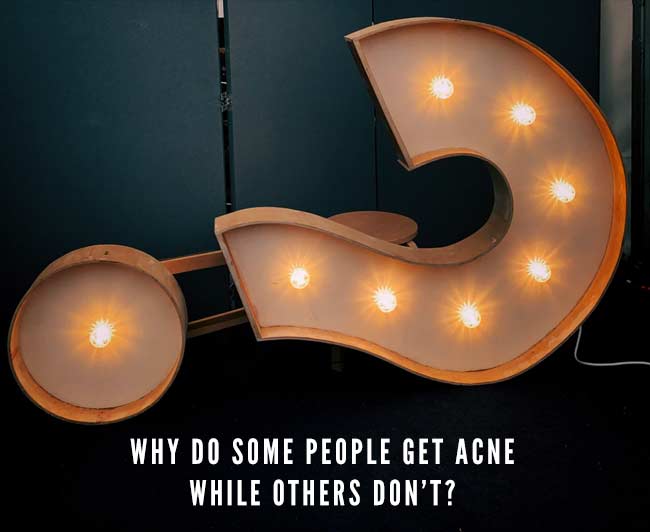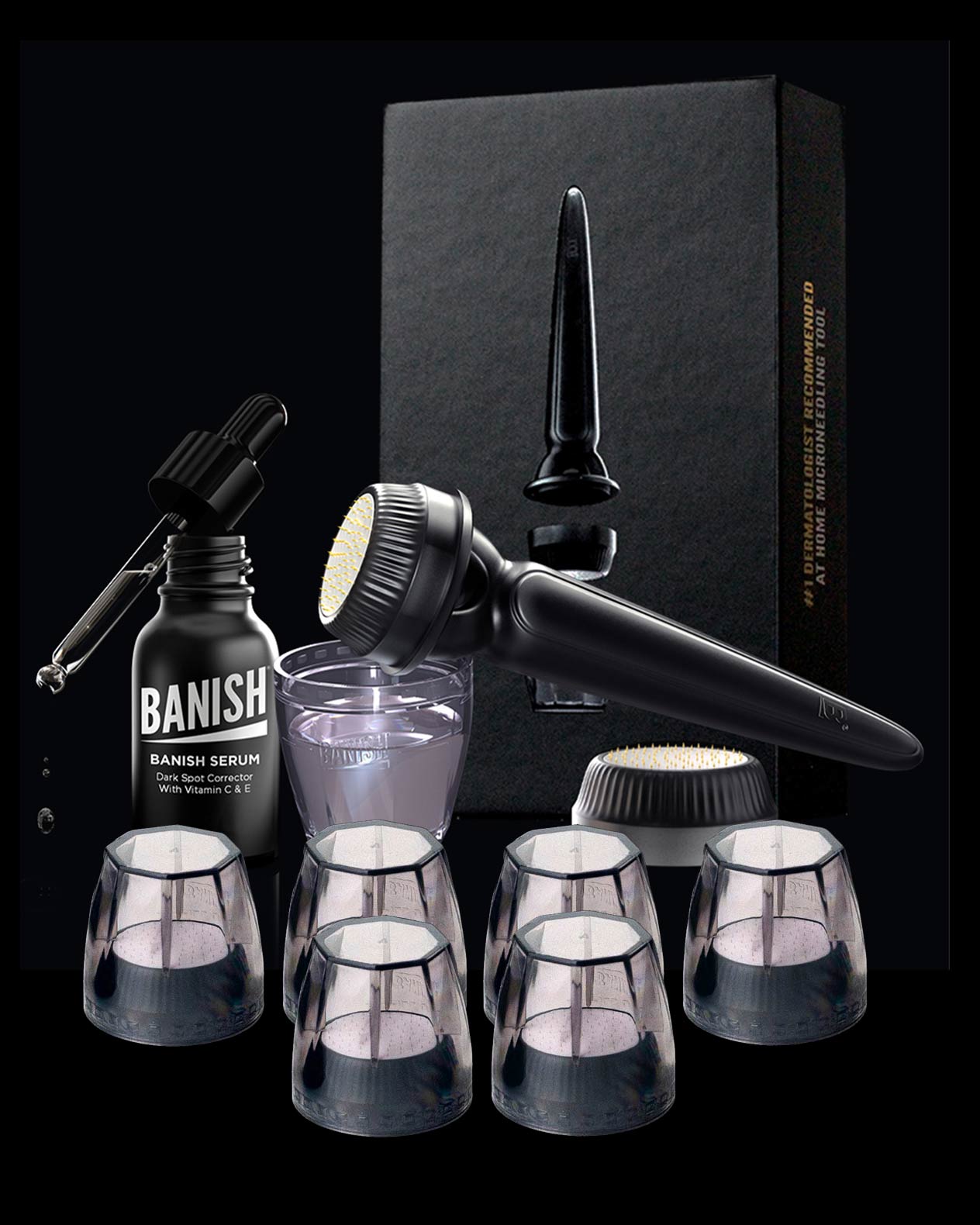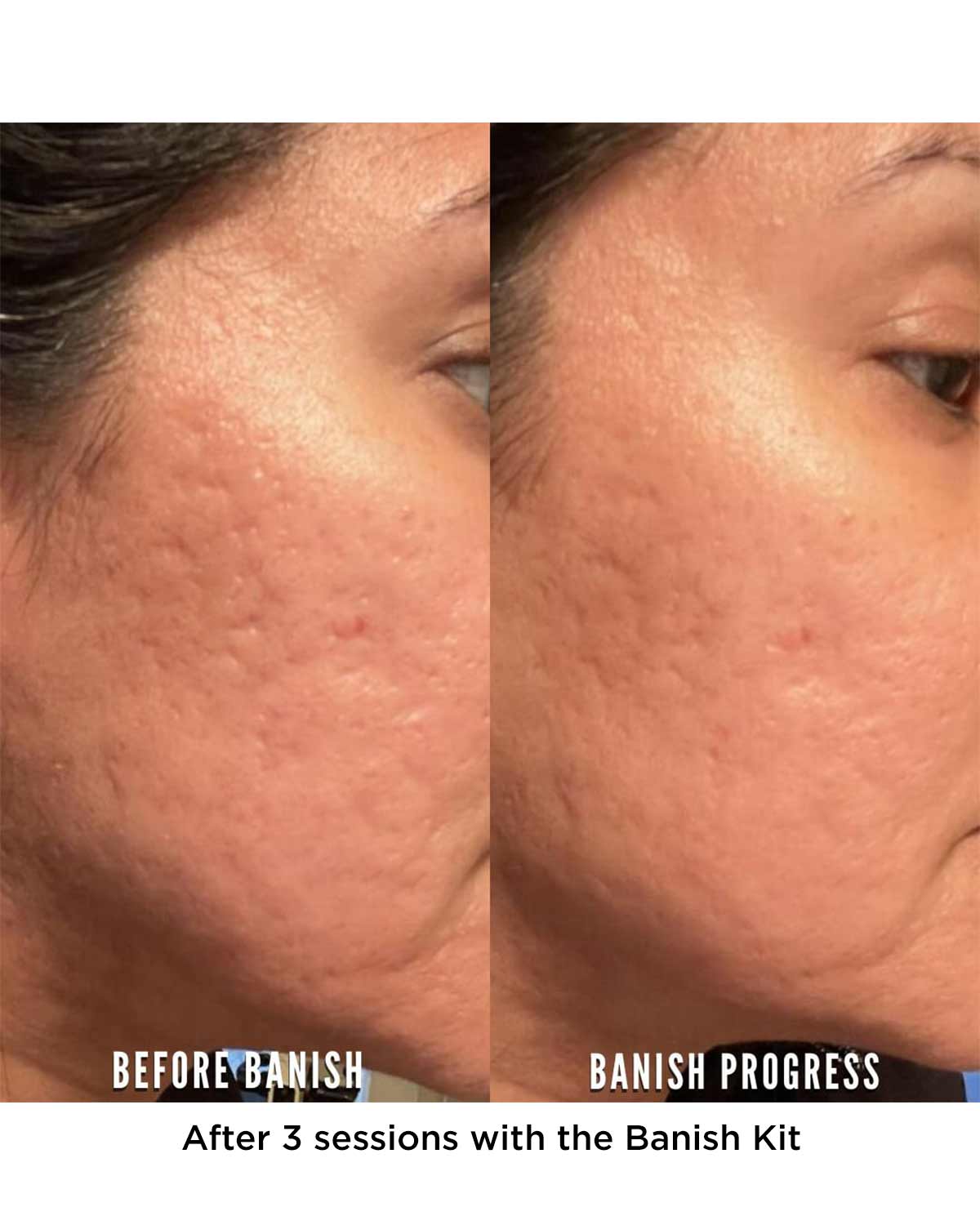You may or may not be familiar with moringa, but it's something I just "happened" across while shopping, did a quick pubmed search on my phone, and ended up going home with to try and later fall in love with.

I want you to fall in love with it, too!
Moringa oleifera is the most widely cultivated species of the genus Moringa. It is a fast-growing, drought-resistant tree, native to the southern foothills of the Himalayas in northwestern India, and widely cultivated in tropical and subtropical areas where its young seed pods and leaves are used as vegetables.
Different parts of this plant contain a profile of important minerals, and are a good source of vitamins, beta-carotene, and various phenolics. Moringa also contains essential amino acids and components with nutraceutical properties. The moringa plant also provides a rich and rare combination of zeatin, quercetin, beta-sitosterol, caffeoylquinic acid and kaempferol.
It's pretty amazing stuff, and it can be consumed in supplement form, as a powder, or a tea.
Consuming moringa is often promoted as a strategy of personal health preservation and self-medication in various conditions, however the enthusiasm for its actual health benefits is in contrast with the amount of strong experimental and clinical evidence supporting the claims. However, this divide is slowly narrowing as more and more evidence surfaces about the uses and benefits of consuming moringa.
The studies described in this review provide some compelling (albeit preliminary) experimental evidence of the therapeutic potential of moringa for things like hyperglycemia. Not to mention, moringa is also anti-inflammatory, as many plants are, as well as chock full of antioxidants (1)(2) which your skin and your health love.
Moringa is also antiviral (1)(2)(3), and antidiabetic.
Some nutritional evaluation has been carried out in leaves and stem. An important factor that accounts for the medicinal uses of Moringa oleifera is its very wide range of vital antioxidants, antibiotics and nutrients including vitamins and minerals. Almost all parts from moringa can be used as a source for nutrition with other useful values.
Among the various parts of the moringa plant, the roots, pods, seeds, and gum are used to treat rheumatism and to relieve edema and arthritis (1)(2)(3).
Moringa has even been used in anti-acne treatments! So, yes, you can even use moringa oil on your face to help keep the acne at bay with its amazing antimicrobial, antioxidant properties.
Pretty amazing stuff, right?------------------------------------------------------------------------------
Guest Blog By:

I first got acne in high school, and it came back in my early adulthood. I was able to struggle through those difficult times and come out of it a stronger, wiser, healthier person as a result. I'm here to help you do the same thing!
























Leave a comment
All comments are moderated before being published.
This site is protected by hCaptcha and the hCaptcha Privacy Policy and Terms of Service apply.